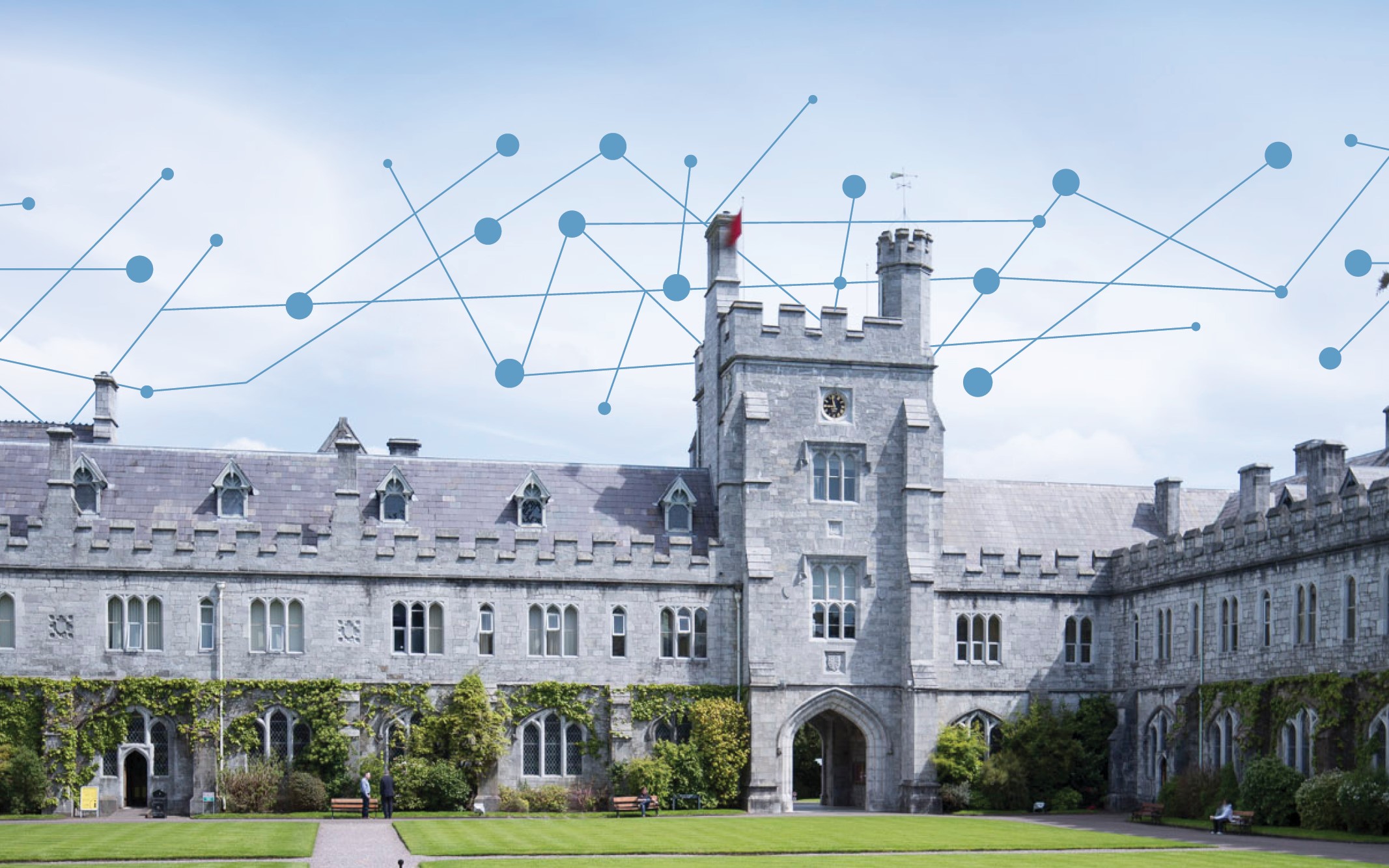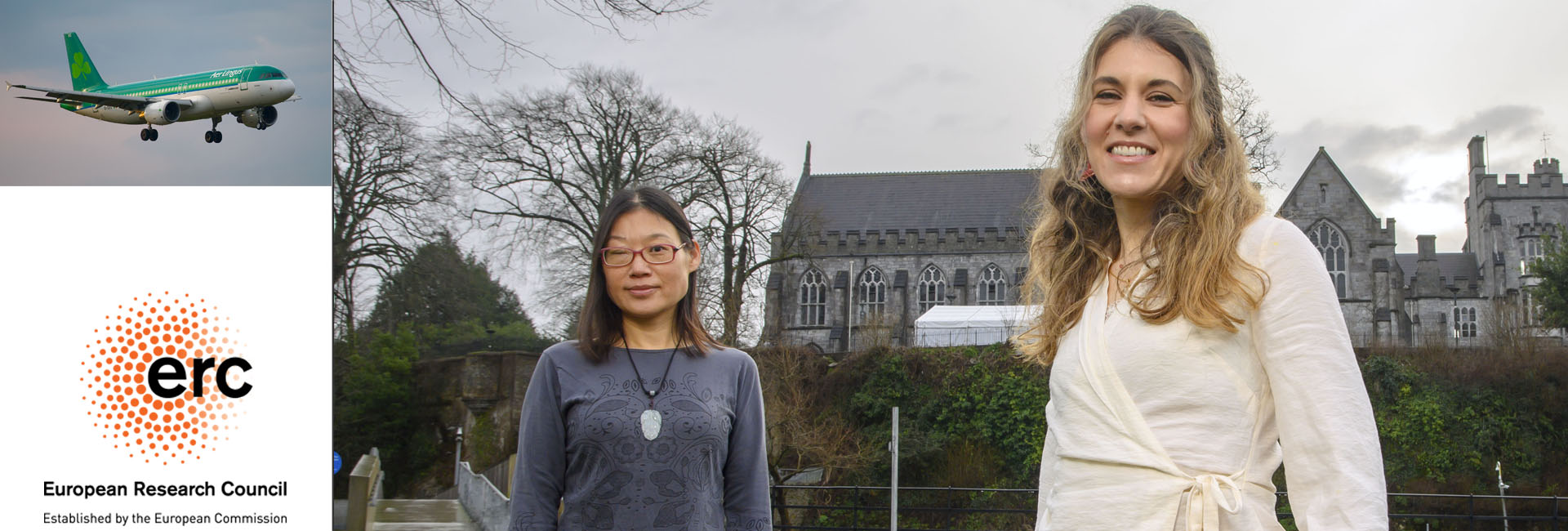Explore Research at UCC
UCC is an internationally competitive research-intensive university where the excellence and impact of our research outputs is a priority and plays a key role in developing Ireland’s knowledge-based economy.
Pure - UCC's Research Information System
Funding & Awards
Research funding in the past 5 years
Horizon Europe funding to date
Of 2021-2027 Horizon Europe target drawn down to date
ERC Grants
Publications & Collaborations
Research publications in 2024
Research publications
(2020-2025)
Citations 2020-2025
Institutional collaborations in 148 countries/regions
ERC Grants at UCC
Research News
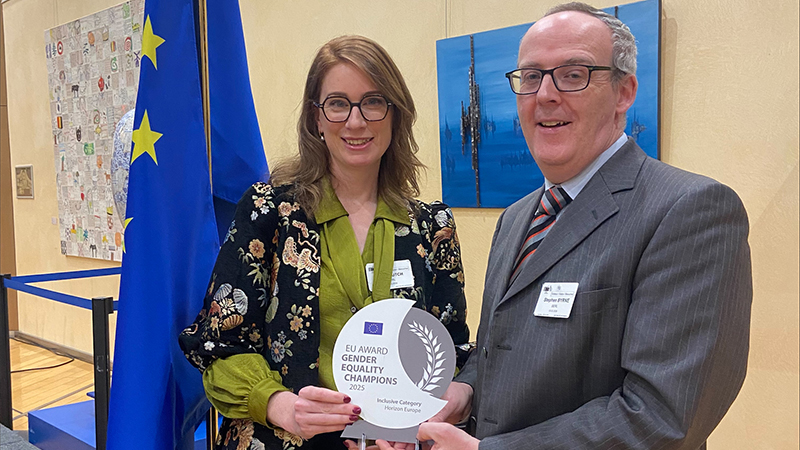
UCC receive prestigious EU award for inclusive gender equality achievements in Research and Innovation

Have Your Say: Nominations open for 2025 UCC Research and Innovation Awards
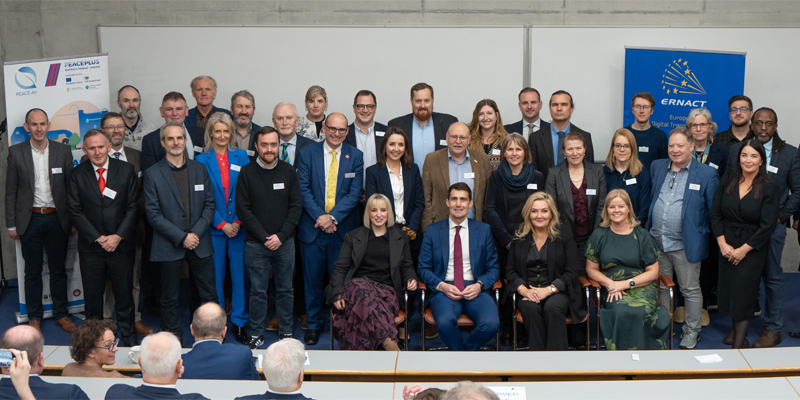
University College Cork to play leading role in new all-island €6.5 Million Partnership for Evidence and Action on Clean Air (PEACE-Air)
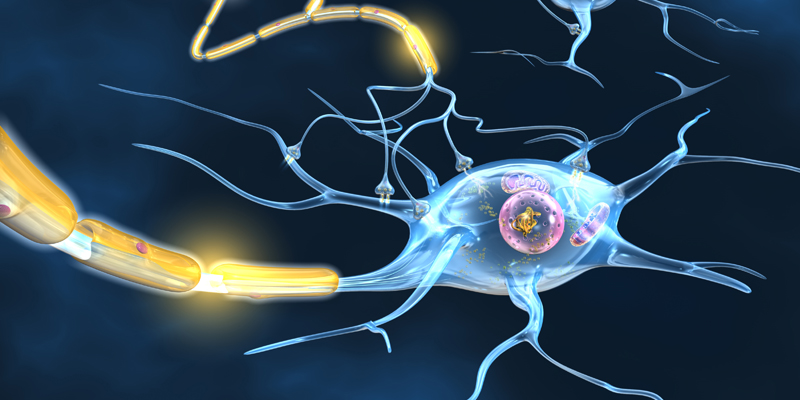
Gut Microbes Play a Role in Early Brain Development
UCC Futures
We are looking for talented individuals who mine the frontiers of curiosity and inquiry at the intersection of disciplines. Consolidating talent and potential, UCC Futures supports the delivery of superior quality in research, scholarship, and the translation of research to tangible impact on the world.
Research Centres and Institutes
Our research strategy is focused on creating major institutes, centres and units of excellence for world-class research and is closely aligned with key relevant Government and European Commission policies.
Research by College
Our institutional research strategy focuses on creating and supporting world-leading clusters of researchers, and building on the research strengths of the University.
Connect With Us
Funding Acknowledgements
UCC Research
Aistriú Taighde
Contact us
Office of Vice President for Research & Innovation, 4th Floor, Block E, Food Science Building University College Cork, T12 K8AF



